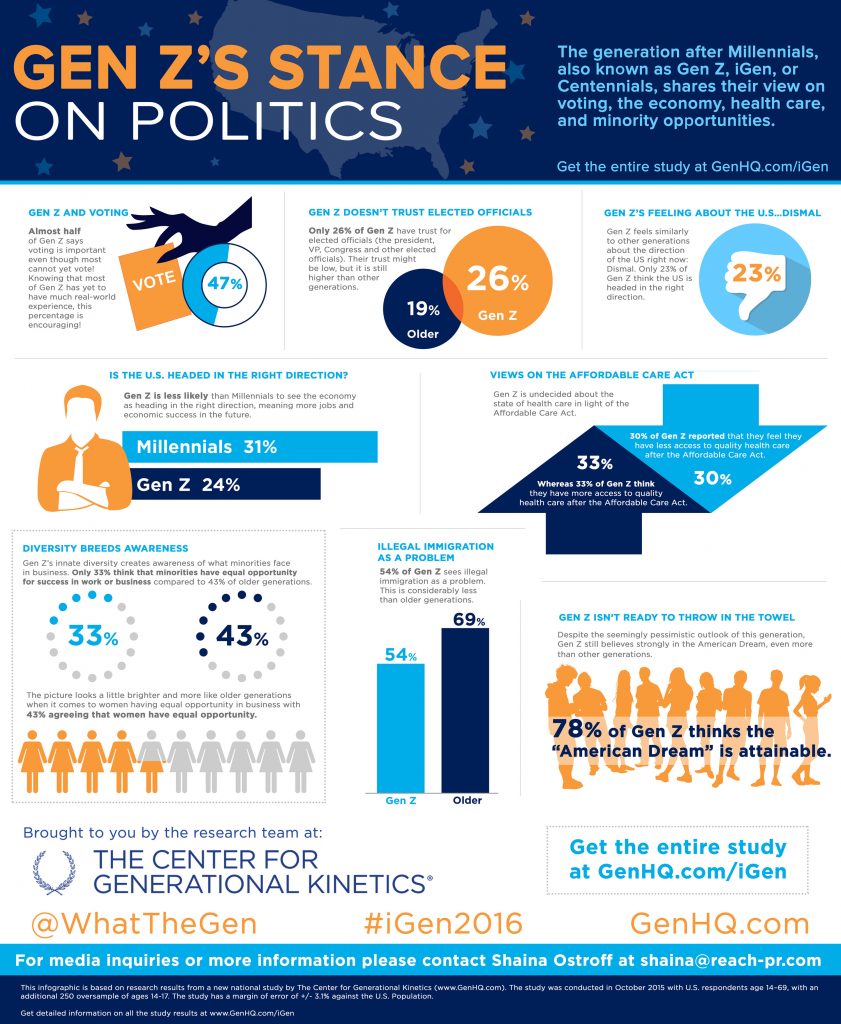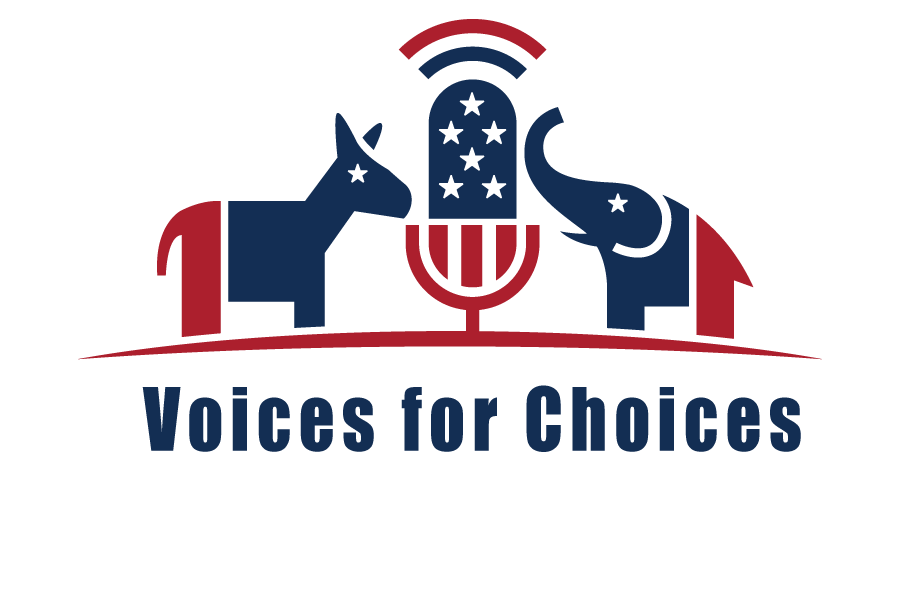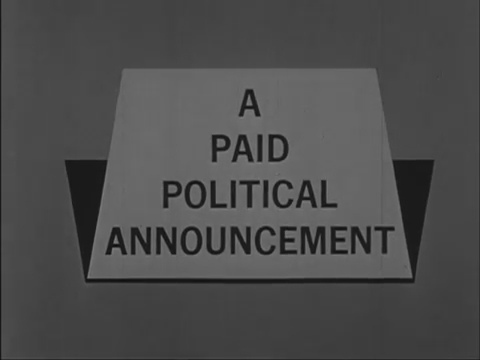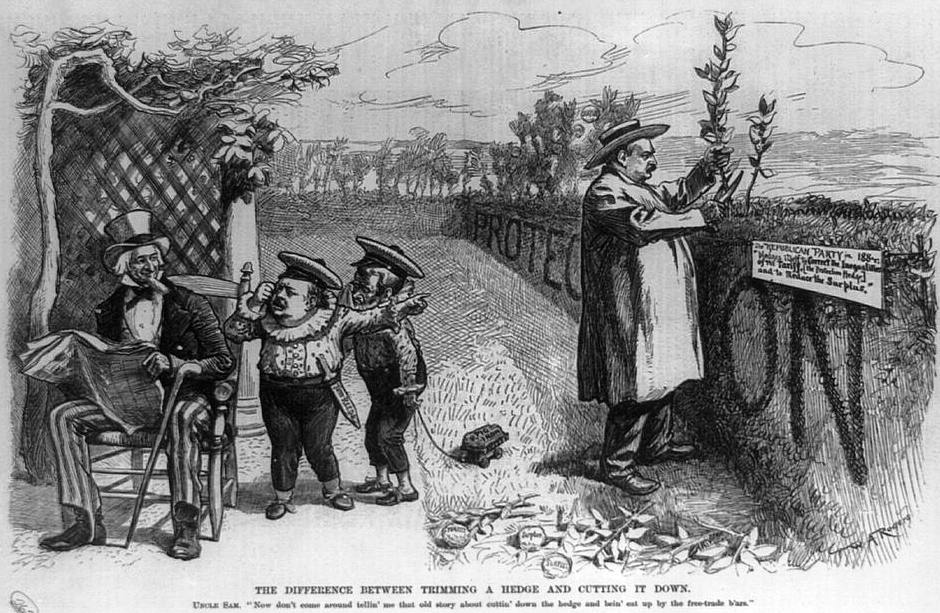
Picture this: It’s 4:45 PM on a Friday. The client just approved a last-minute “game-changing” political ad for tomorrow’s airwaves. Your creative director is quietly hyperventilating into a campaign mug. The copywriter, who hasn’t seen sunlight since the primaries, stares blankly into his keyboard. The only thing missing? The *perfect* voiceover. You need gravitas, urgency, and maybe a sprinkle of American optimism … and you need it FAST.
Will Steve from accounting have to fake a presidential baritone (again)? Is Aunt Carol’s “radio voice” finally making it’s local TV debut? The stakes—literally—could not be higher.
The Real Pain of Political Ad Agencies
- Ultra-tight deadlines: Every second counts; your inbox is starting to hum ominously.
- Unpredictable script changes: Will tomorrow’s copy say “jobs,” “growth,” or that new buzzword Liz just invented?
- Voice talent roulette: Sure, they’re in the booth, but do you know they can pull this off?
- Quality control: You don’t have time for rookie mistakes or an overly dramatic read.
It’s a nail-biter. Caffeine supplies are running low. Hope is running out. You contemplate an exciting new career in interpretive dance.
The PoliticalVoiceTalent.com Miracle
But what’s this? *PoliticalVoiceTalent.com* appears on your screen, shimmering like a patriotic bald eagle at sunrise. Suddenly, the world looks brighter. Our talent roster features **vetted, professional political voice talent** who totally get deadlines — I mean, like, *truly* get them. Need a fast turnaround? We deliver that super-fast-within-an-hour-if-you-really-need-it type of fast.
Here’s how to turn your panic into a campaign win
- Service: Skip the worries. We wrangle schedules so you can focus on creating the perfect ad—or, just breathing.
- Versatility: From presidential poise to grassroots energy, our voices fit every message, crisis, or last-minute script rewrite.
- Reliability: On-time, on-message, and on-target reads, and you’re there, directing live with a real engineer and our talent.
- Speed: Audio files land in your inbox faster than a frantic campaign manager’s texts—all while you’re still stress-refreshing your email.
Suddenly, you’re not contemplating interpretive dance. You’re uploading polished ads, basking in the glow of your client’s worthy approval, and maybe, just maybe, leaving the office before midnight.
So next time your political ad agency feels the clock ticking like you’re standing inside Big Ben, and your copy cries out for the perfect read, just remember to call us at 407-656-3400.








